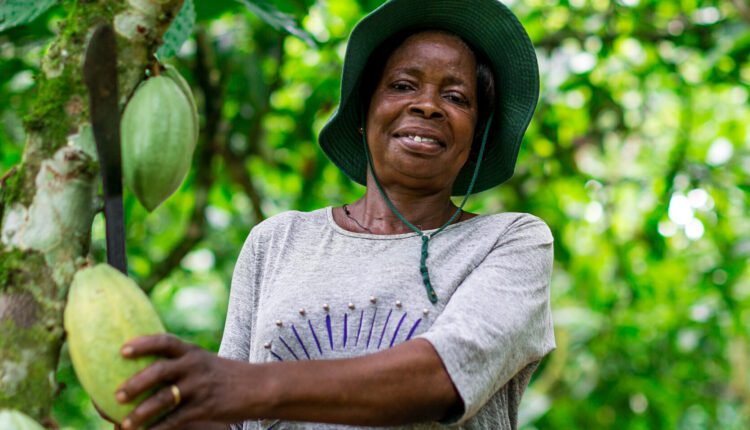With the enormous prospects and opportunities in the cocoa sector, constant conversations about its progress can never be enough.
Although farmers may be doing their bit to enhance their lives, the bigger task lies at the doorsteps of cocoa cooperatives which play a critical role in the sector.
A new report by Fairtrade Foundation has come in handy, particularly at a time when stakeholders are deliberating on actions regarding how to navigate setbacks bedevilling the sector, particularly with respect to unlocking the value of cooperatives for cocoa farmers in one of the leading exporting countries of the commodity – Ghana.
What makes cooperatives work?
The report titled, ‘What makes cooperatives work,’ reveals key insights into factors that can either enable or jeopardize the ability of Fairtrade-certified cocoa cooperatives in Ghana to create and fairly distribute positive benefits to their farmer members.
It further outlines recommendations for Fairtrade and the cocoa sector at large. These include proposals for how better to identify obstacles to improving farmers’ experiences within cooperatives, and how to support cooperatives in their journey to scale impact for members and beyond, to sharecroppers and farm owners’ families.
The research was carried out through focus group discussions with cocoa farmers in Fairtrade’s West Africa Producer Network, as well as interviews with a range of relevant stakeholders in the sector.
Internal and external factors
According to the Fairtrade report, a range of internal and external factors can affect a cooperative’s ability to support farmers. Internal factors include:
- the similarity and integration of its members within the cooperative;
- the formation and organization of the leadership class in a collective organization;
- how operating procedures are designed to promote equitable distribution of benefits across farmers and cocoa producing communities; and, lastly,
- how a dynamic governance system ensures transparency and inclusion across the three elements of membership, leadership and operations in a co-operative.
At the same time, strengthened internal cooperative structures are forced to navigate external factors that also affect their ability to drive benefits for their members, says the report.
The research identifies several important external elements that most affect cooperative action.
These include the complex relationships between farm owners and farm workers, linked to larger social traditions in Ghana, and the pressure put on cooperatives to negotiate partnerships with commercial actors that may encourage centralizing power rather than allowing for democratic, decentralized decision-making in an organization.
A further external factor is the growing role of public institutions, such as the Ghanaian Department of Co-operatives, which have the potential to drive a policy of collective ownership of the cocoa sector but are also impacted by complex political pressures and limited means.
Recommendations
Among the recommendations are a call to focus on:
- the inclusion of sharecroppers in training activities and incentives provided by cooperatives;
- the creation of better value chain guidelines for more coordinated and diversified external support; and
- the facilitation of better co-operative networks and platforms that include space for co-operatives to address internal challenges confidently as they arise.
- The report also recommends investment in leadership skills among young people in cocoa farming communities, in order to prepare more actively for the next generation of cooperative leadership.
Elsewhere, it highlights the need for the sector to prioritize governance strengthening that will build a solid foundation for co-operatives, before making large investments in operational or programmatic activities.
Programme Development Manager at the Fairtrade Foundation, Brian Doe, said: ‘This report comes at a particularly important time for the Fairtrade system: 2021 was a critical reflection point for Fairtrade’s growing, and often new, programmatic partnerships to strengthen our certified cocoa cooperatives in West Africa beyond advocating for increased sourcing on Fairtrade terms.’
The report, ‘What Makes Cooperatives Work,’ was supported by a grant from the Open Society Foundations and written by UK-based researcher, Dafni Skalidou, supported by a Ghanaian researcher, Gladys Nketiah and Fairtrade Africa’s cocoa team.
